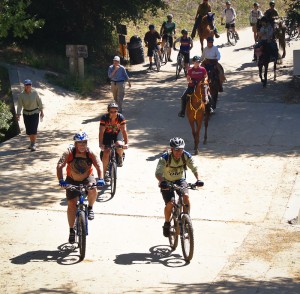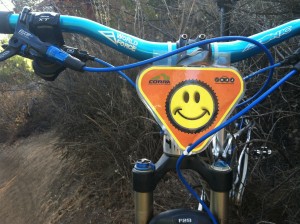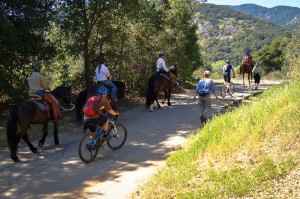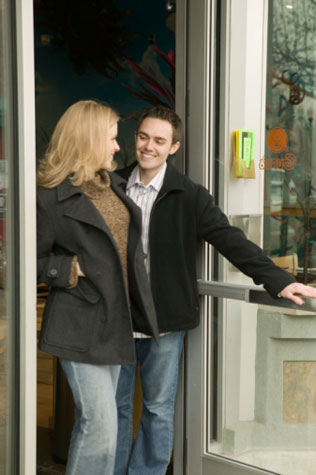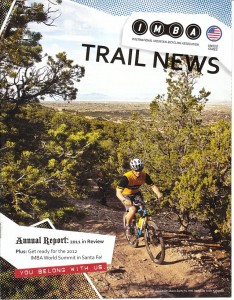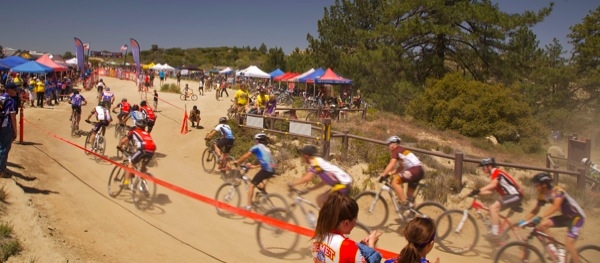 The Forest Service has proposed major revisions to the Angeles National Forest recreational fees. Similar revisions are proposed for the San Bernardino National Forest, Cleveland National Forest and Los Padres National Forest.
The Forest Service has proposed major revisions to the Angeles National Forest recreational fees. Similar revisions are proposed for the San Bernardino National Forest, Cleveland National Forest and Los Padres National Forest.
The proposed changes will result in fees being required only at concentrated, developed sites, while larger areas of the forest will become free for public use. Fee amounts will remain the same, at $5 for a day pass, or $30 for an annual adventure pass.
Under the new fee structure, fees are to be charged only where there are services and developed facilities including bathrooms, kiosks/interpretive signs, trash collection, picnic tables and security patrols. Sites lacking one or more of the above will be free.
In the Angeles Front Country, for example, fees would continue to be required at Millard Day Use Area, Switzers Picnic Area, Red Box, Skyline Park (Mount Wilson), and Chantry Flats. All other front country areas would become free for public use. Note that the forest service has already stopped enforcement of passes at the areas where fees will be dropped under the new fee structure. Full details of front country changes are available here.
While CORBA supports this more reasonable and appropriate fee structure, we do have concerns that it may result in reduced levels of service across the National Forest as a whole. The financial impacts of the proposed changes are as yet undetermined. National Forest budgets have faced continued reductions over the past decade, and staff levels are at an all-time low. Recreational Fees have helped fill the budget shortfalls, funding numerous improvements to facilities within the National Forest.
The California Recreational Resource Advisory Committee (R-RAC), a citizen’s Federal Advisory Committee, is charged with representing the public interest in matters of recreational fees and other issues. The proposed changes are on the R-RAC agenda for for January 15-16, 2014. Public comments to the committee must be made by January 6, 2014, emailed to: twilton@fs.fed.us.
Area maps and detailed descriptions of the affected areas of the Angeles National Forest can be found at:
- Angeles Crest Recreation Fee Area
- Big Pines-Big Rock Recreation Fee Area
- Big Tujunga Recreation Fee Area
- Elizabeth Lake Recreation Fee Area
- Frenchman’s Flat Recreation Area
- Front Country Recreation Fee Area
- Littlerock Recreation Fee Area
- Mt. Baldy Recreation Fee Area
- Rowher/Drinkwater Recreation Fee Area
- San Gabriel Canyon Recreation Fee Area
For our other Southern California National Forests, visit their respective pages at:


